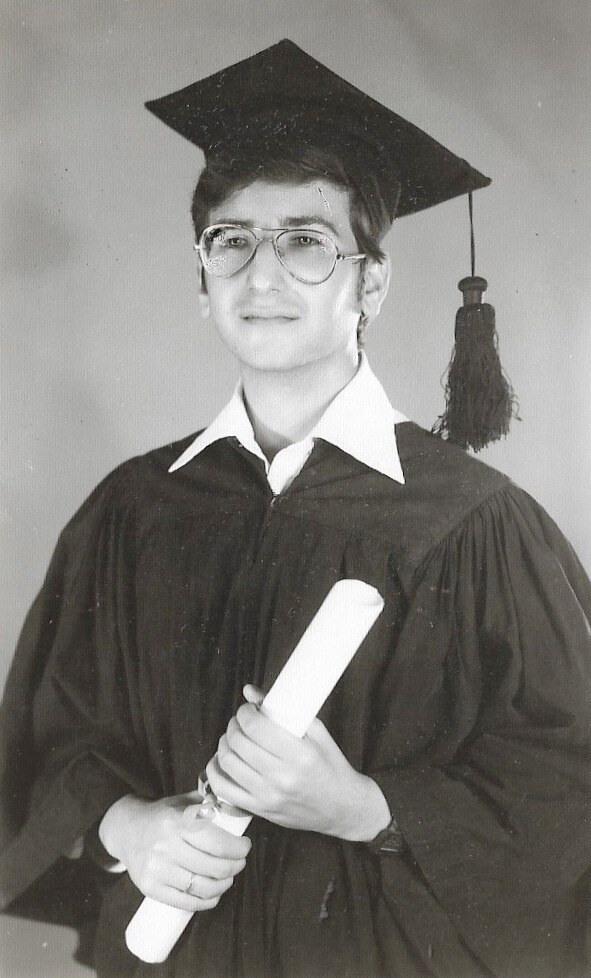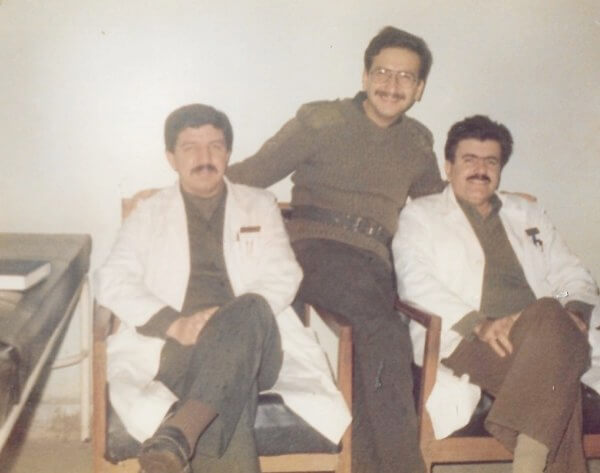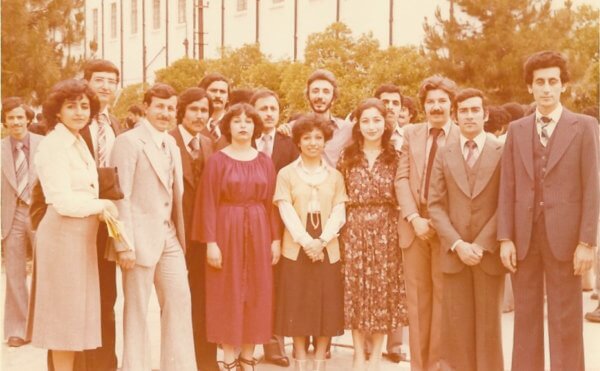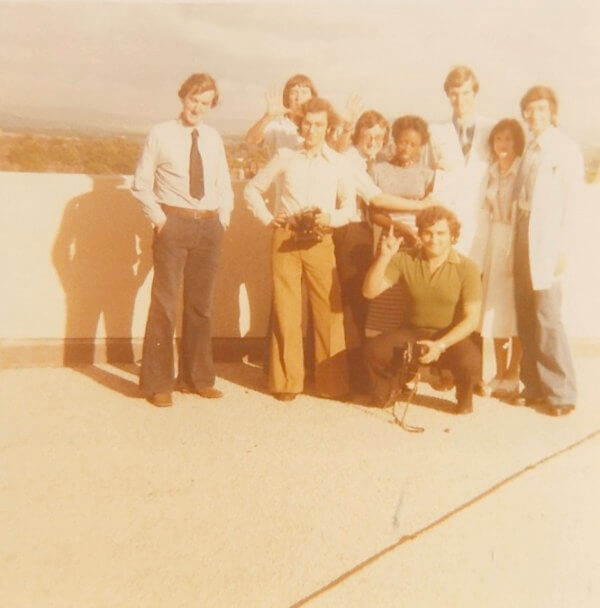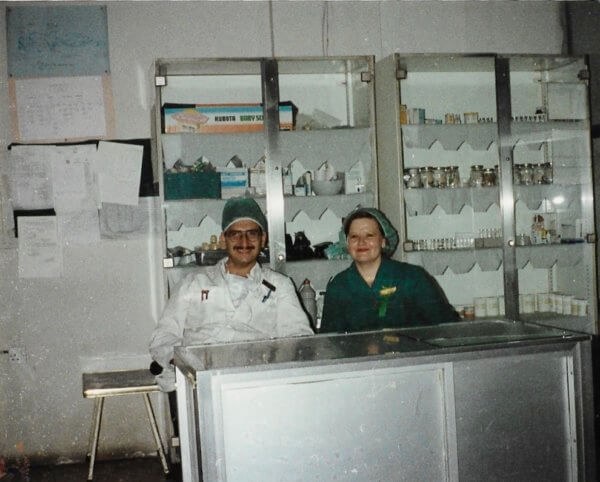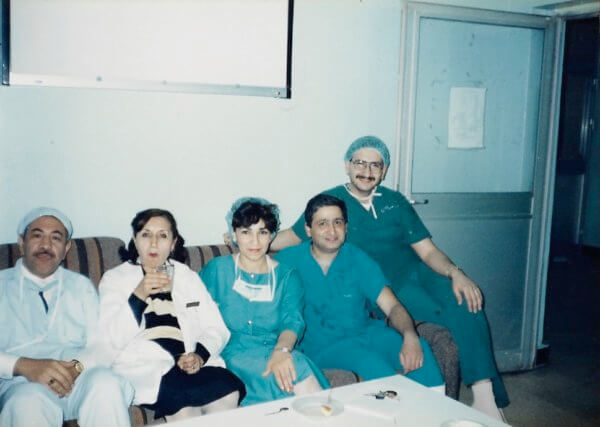I thought I would come to the UK, stay for four or five years and get my postgraduate degree, things in Iraq would get better and I would go back to practice. I applied for a job in Manchester and worked for Carys Bannister, who was the first female neurosurgeon in the UK. She was one my idols!
Dr Muhayman Jamil
© Muhayman Jamil
When I graduated from medical school in Baghdad, I was conscripted into the Iraqi army. All men are conscripted into the army and as a university graduate you're supposed to serve for a year and a half. So in 1980 I joined the army as a junior medical officer. Within one month of joining the army Sadam Hussein had started the war with Iran, it went on for 8 years. So instead of being released after a year and a half I served a total of five years.
The first job I applied for in the UK I was going for a training post in neurosurgery and I was interviewed by three senior consultant neurosurgeons. I was telling them I did neurosurgery in Iraq during the war. All three went very quiet for a minute and they went, ‘You have more experience in trauma neurosurgery than the three of us put together.
By the time I was in this country for 5-6 years, things in Iraq were going from bad to worse. They had called me up for further compulsory military duty. I thought I can’t drag the kids back there. We might as well stay.
In my final year as a neurosurgical trainee, I decided I didn’t want to do neurosurgery anymore. It’s a young man’s game. I was approaching middle age and it wasn’t going to get any different. I quit my neurological career and then out of the blue, a friend of mine who was a trainee in palliative medicine at the Margaret Centre at Whipps Cross asked, “Do you know anybody who could step in and help us out for a couple of weeks?” I said, “I’ll come and do it for two weeks” and that was 20 years ago and I’m still doing palliative medicine!
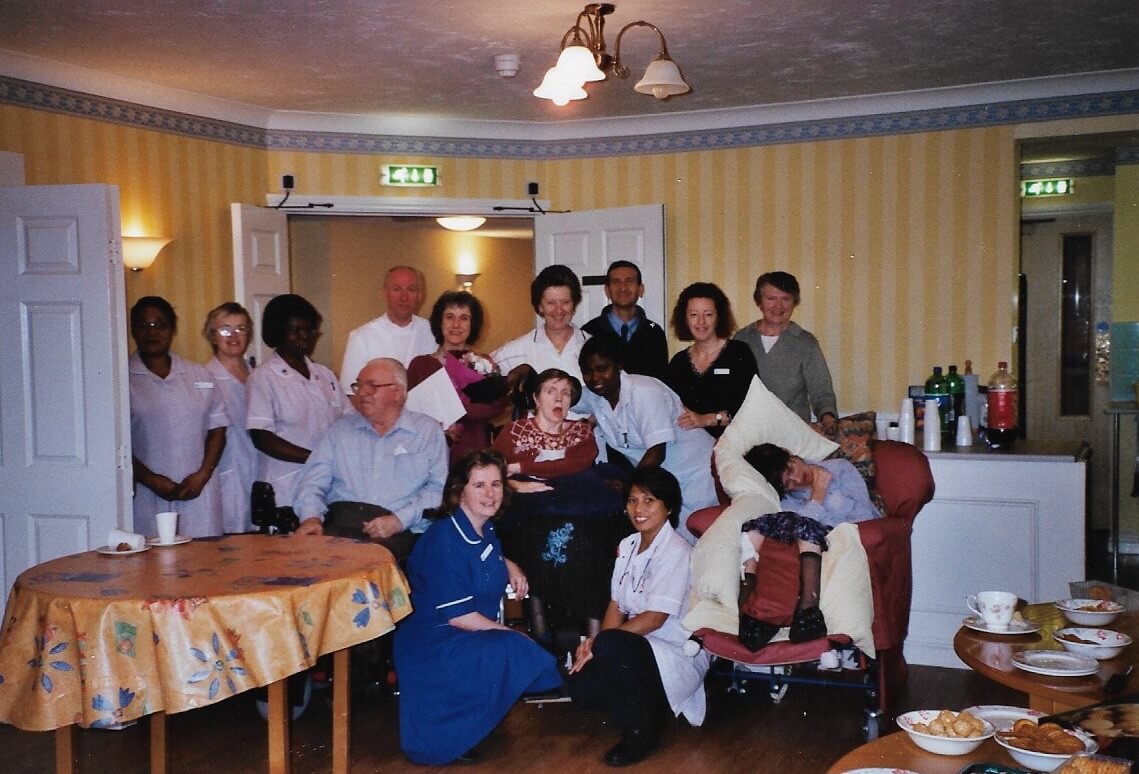
© Muhayman Jamil
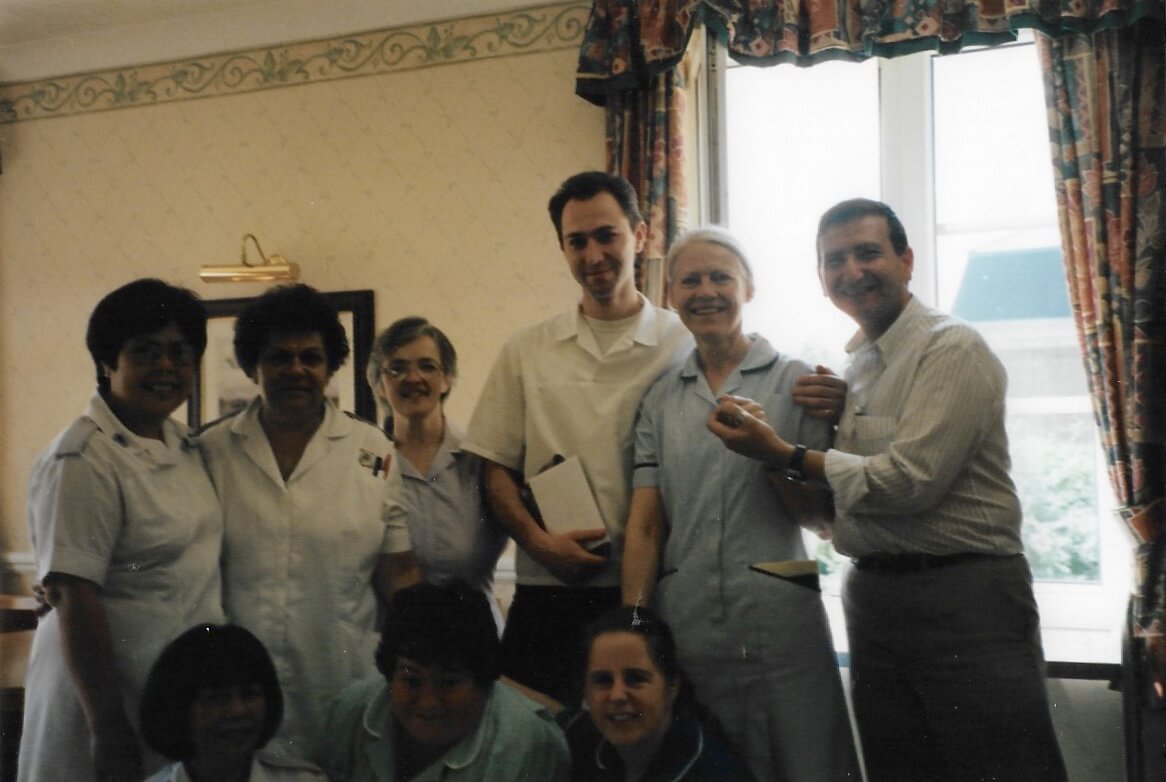
© Muhayman Jamil
When I ended up doing palliative care by default, I found out I fitted in well with the discipline. Even when I was in neurosurgery, I’d spent a lot of time the night before with the patient, holding their hand, explaining to them the details of the operation they were going to go for – the positives, the risks, weighing up benefits. When it was bad news, I spent a lot of time consoling the patients and families. A lot of it is what in old fashioned terms would be called a bedside manner.
I’ve always done some kind of sport throughout my life. I usually do it to a degree of obsession and then I get a bad injury and I can’t do that sport anymore and I switch to the next one! I used to run a lot but eventually my knee gave out. When I couldn’t run, I started skating with a speed skating team.
In 2012, when the Paralympics were being held in London, a French group of skaters and wheelchair users called Mobile en Ville approached us to help plan a route. I joined them in Paris and we brought six people in wheelchairs, pushed them all the way to London. The UK skaters saw these people coming over from France, having the time of their life, and thought we’ve got to do something like that. So we set up Wheels and Wheelchairs. Over the past 8 years, we’ve had many people in wheelchairs come out with us and enjoy it immensely. In 2018, we organised a London-Brussels trip where we took six people in wheelchairs on a 400km ride. It was good fun! That’s something that I’m very proud of.
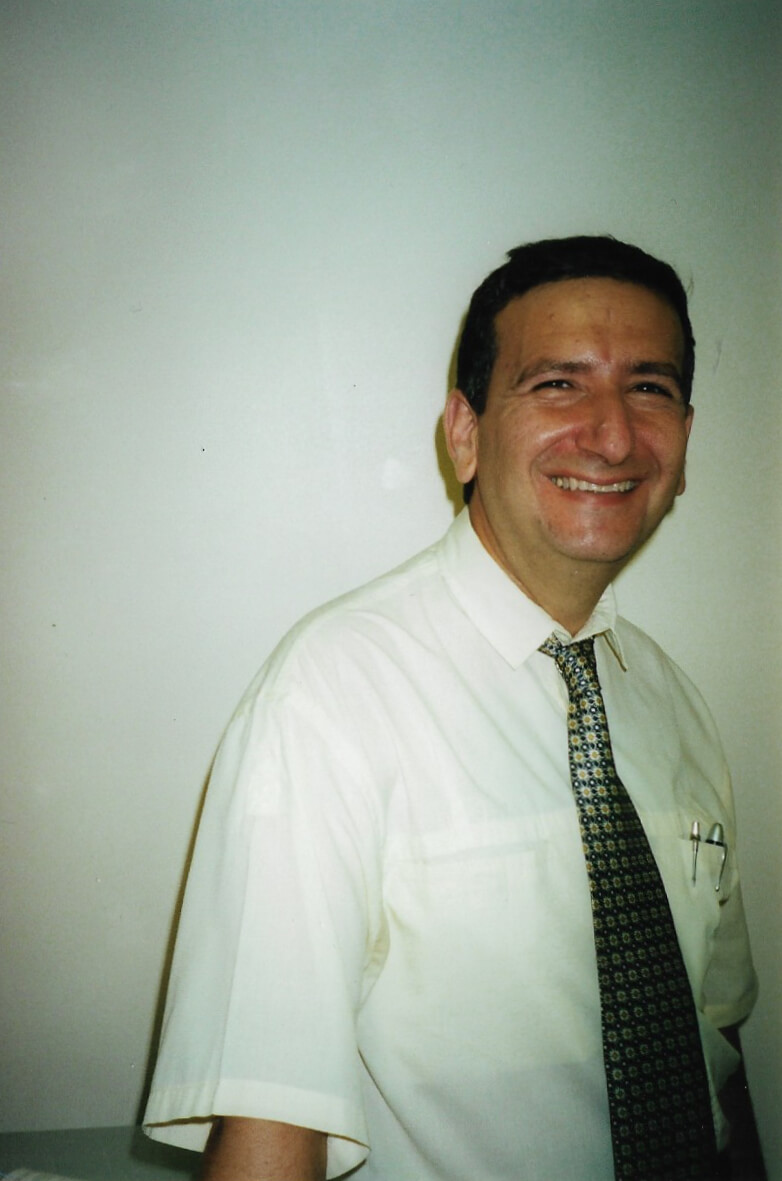
© Muhayman Jamil
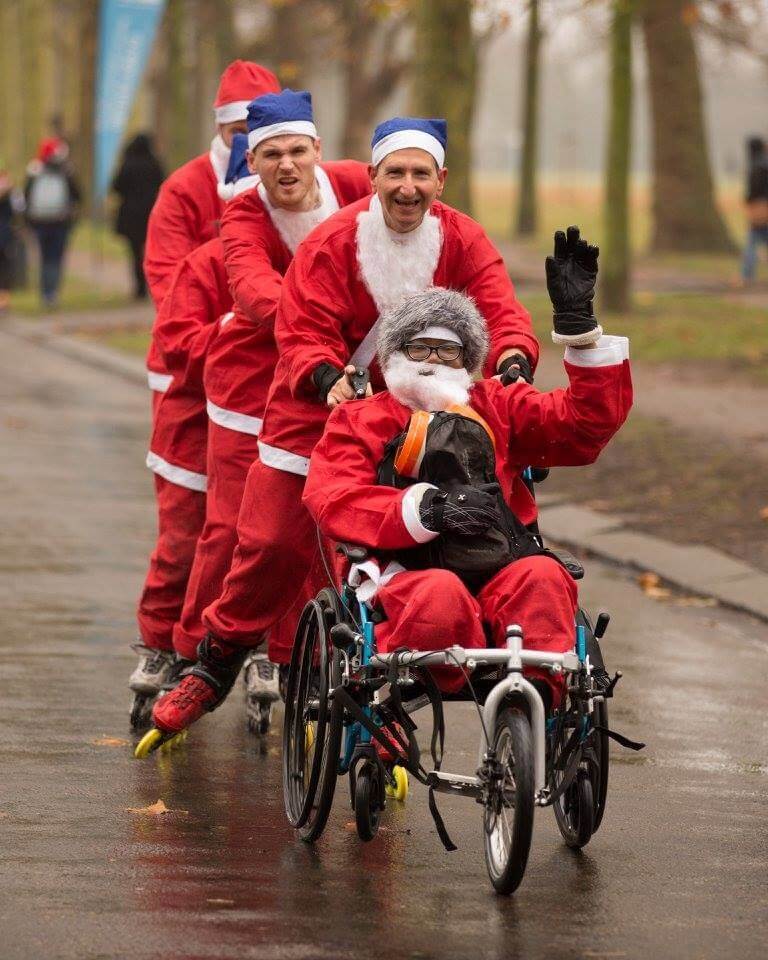
© Muhayman Jamil
